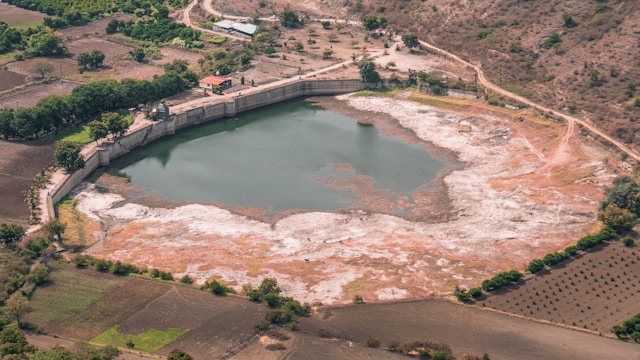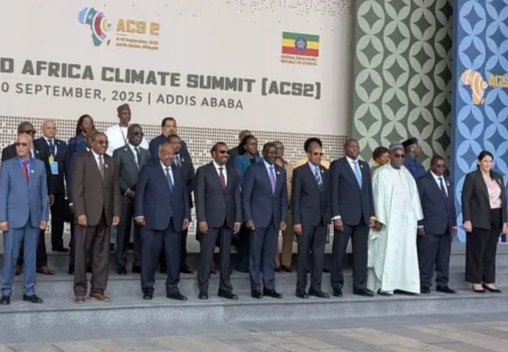Egypt has formally raised concerns at the United Nations Security Council over Ethiopia’s inauguration of the Grand Ethiopian Renaissance Dam (GERD), describing the move as a violation of international agreements.
In a diplomatic letter sent on Tuesday, Cairo accused Addis Ababa of acting unilaterally by launching the massive hydroelectric project without reaching a binding agreement with downstream countries. The Egyptian foreign ministry argued that the ceremony was aimed at projecting a “false image of international legitimacy” for the dam.
Egyptian officials stressed that the project threatens the country’s main source of water, the River Nile, and warned that they would resort to “all legal and diplomatic steps” available under international law and the United Nations Charter to protect the livelihood of their citizens.
The GERD, located in Guba, western Ethiopia, is considered the largest hydroelectric project in Africa. Ethiopian authorities celebrated the inauguration as a milestone toward energy independence and economic transformation. Supporters of the project argue that the dam will provide millions with reliable electricity and reduce reliance on fossil fuels.
However, the project has fueled years of tension between Ethiopia, Egypt, and Sudan. Cairo insists that the flow of the Nile must be protected to secure water access for its more than 100 million people. Ethiopia, on the other hand, maintains that the project is essential for its development and denies that it will significantly harm downstream nations.
Diplomatic efforts to resolve the dispute have continued under the African Union and through bilateral negotiations, but no binding agreement has been reached so far. The recent inauguration now intensifies the pressure on all parties, with Egypt pushing for renewed talks and warning against further unilateral actions.
Analysts note that the GERD remains both a symbol of national pride for Ethiopians and a source of deep geopolitical tension in the region, as questions of water security and regional stability dominate discussions at international forums.

